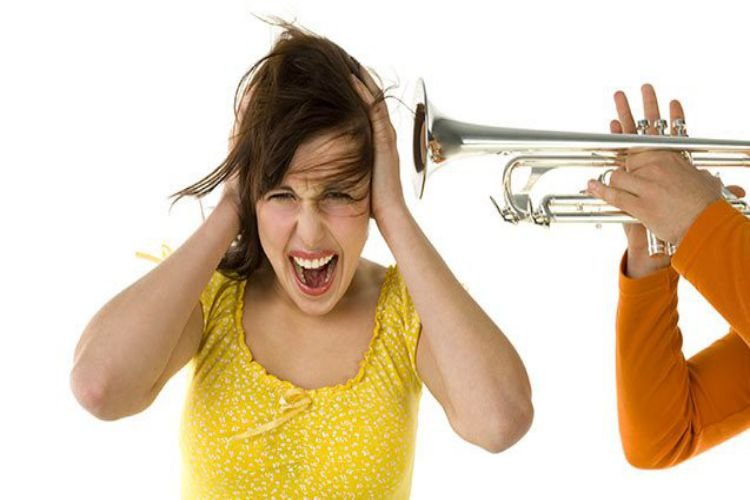 When it comes to noise pollution, we have reached the peak. Over time, our planet has collectively begun to contribute to a lot of noise pollution. We partake in various activities that we don’t even pay attention to, however, they still cause us great harm.
When it comes to noise pollution, we have reached the peak. Over time, our planet has collectively begun to contribute to a lot of noise pollution. We partake in various activities that we don’t even pay attention to, however, they still cause us great harm.
Usually, you can tell when a sound is dangerously loud even if you do not have a way to measure it. We are often in situations where we cannot understand one another, especially during concerts or parties.
However, due to this kind of exposure, you are at risk for noise-induced hearing loss. It usually occurs when extremely loud sounds damage tiny hair cells that are present inside your ear. These hair cells are crucial to help you hear any sound at all.
Moreover, constant exposure to loud noise or sounds can not only cause hearing loss but also bring about other problems like tinnitus, which causes ringing in the ears. Problems like these are often permanent, which is why you need to ensure that you prevent them from occurring in the first place.
Let’s look at some of the best practices you can adopt to avoid noise-induced hearing loss.
1. Using AVR Units
A lot of the time, the everyday items we have at home are responsible for producing loud sounds. Moreover, we get used to hearing them and stop realizing when they get unhealthily loud.
For example, items like your home sewage treatment plant can be major contributors to loud noises at home. The air pump in the plant produces a lot of noise and can damage your hearing over time. One way to make your air pump quiet is to install AVR (Acoustic Vibration Reduction) units, which ensure that your plant is not harming your ears.
Similarly, you can also actively lower your television volume or listen to music on a lower sound setting instead.
2. Using Hearing Protection
Sometimes it is difficult to control the sound levels at home. It is even more difficult to control loud noises when you are outside. That is why it is considered good practice to use hearing protection.
The device that protects the ears is beneficial for protecting your ears from dangerously loud sounds. They are designed in a way that they reduce the level of noise entering your ear, thus protecting your hearing. Although the fact that they do not totally block sound, they can help you avoid noise-induced hearing loss.
A good tip to remember when it comes to hearing protection is to use one that fits well. If it doesn’t fit you well, your hearing won’t be protected by it.
3. Using Sound Level Meters
If you use a hearing protection device, you will be able to get information on noise ratings in your environment. If not, you can purchase a sound level meter that also gives you information on loud sounds in your environment.
No matter where you go, the device will alert you to loud sounds and whether they are unsafe for your ears.
An excellent way to avoid hearing loss is to pay attention to these ratings wherever you go and make sure you don’t spend a lot of time in areas where there is extremely loud noise. For example, it helps to stay away from areas where fireworks are going off and watch them from a safe distance instead.
4. Staying Healthy
Often, it can become difficult to stay away from loud noises. Sometimes, it is simply out of your control. This is especially true during public events like parties, parades, and festivals. However, there are a couple of additional things that you can do to ensure that you don’t damage your hearing.
Hearing loss is essentially related to damage caused to the tiny hairs in your ear. However, quite a lot of medical conditions can damage these hairs and make them vulnerable to hearing loss. Staying healthy and adopting healthy living habits can ensure proper blood flow to your ear and protect you.
In Conclusion
We live in a world where we cannot avoid noise pollution or loud sounds that can potentially damage our hearing. This is why the only thing we can do is to prevent it from occurring.
You can keep noise-induced hearing loss at bay by taking tiny steps and making some small changes.




